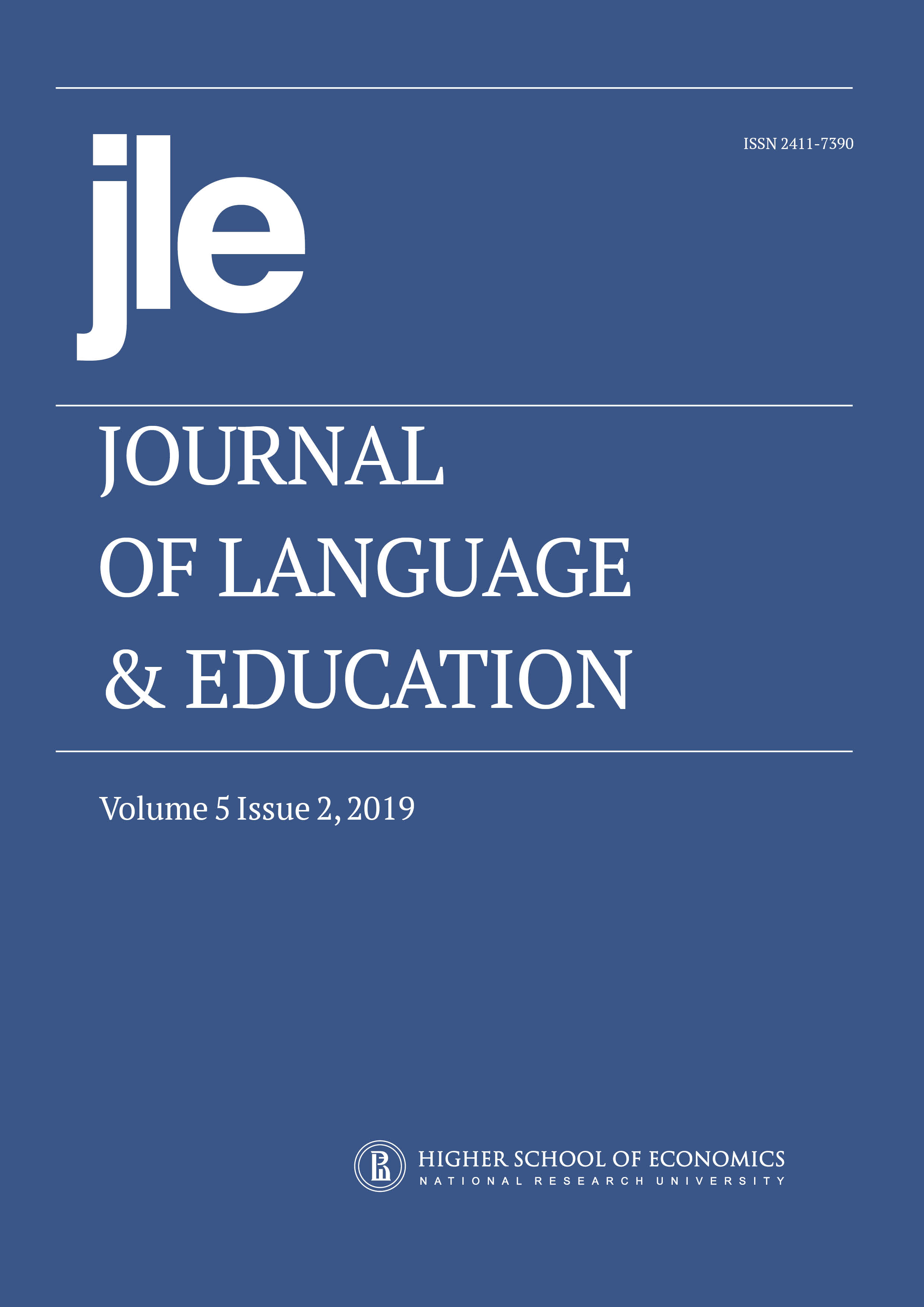Positive Psychology and Mastery of the L2 Academic Self
Аннотация
In order to determine how best to prepare students for university and to participate meaningfully in the activities of their intended academic discourse community (ADC), the influential model proposed by Anne Beaufort in 2007 suggests that this can only occur once a learner has mastered the domains of knowledge pertaining to the target ADC, including those of subject matter, genre, rhetorical techniques and the writing process. However, this article will argue that mastery of a domain and entry into an ADC involves more than this; both of these things can occur only once a student has been able to ‘master’ him/herself. In order to address the question of the nature of ‘self-mastery’ and how to guide students towards achieving it, this article draws upon theories from the emerging field of positive psychology, showing how notions such as self-efficacy, mindfulness and flow can be interwoven with concepts more commonly associated with English for Academic Purposes or ‘EAP’ (e.g. learner autonomy, motivation and noticing) to provide insights into how mastery of the second/additional language learning (L2) academic self can be facilitated. The application of these proposed strategies in the classroom is intended to give students the tools to not only to enter their chosen ADC but also to leave their mark on it.
Скачивания
Copyright (c) 2019 Национальный исследовательский университет «Высшая школа экономики»

Это произведение доступно по лицензии Creative Commons «Attribution» («Атрибуция») 4.0 Всемирная.
Авторы, публикующие статьи в журнале, соглашаются с условиями политики авторских прав.



